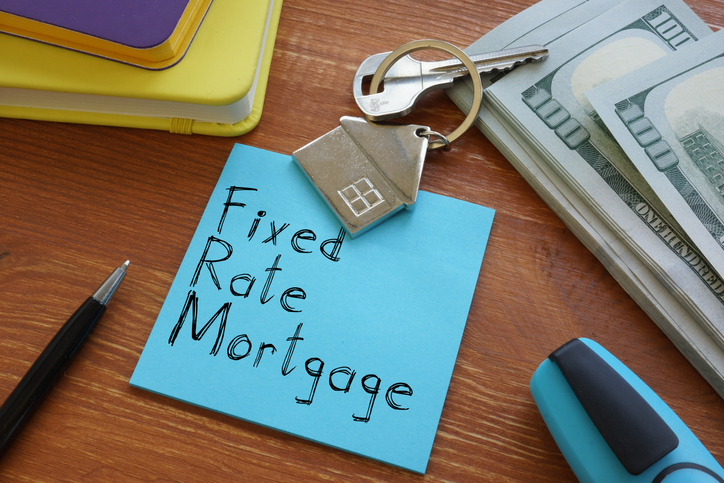VA Loan Closing Costs – What are They?
VA Loan closing costs – These are fees and expenses over and above the price of the property that buyers and sellers incur to complete a real estate transaction. Closing costs cover a variety of charges, including loan origination fees, appraisal fees, title insurance, and more.
For many homebuyers, especially those utilizing VA loans, understanding these costs is essential for budgeting and planning purposes.
What Are VA Closing Costs?
Closing costs are the fees and expenses paid by both buyers and sellers during the closing process of a real estate transaction. For the buyer, these costs may include loan origination fees, appraisal fees, title insurance, and more. These fees are necessary for processing and finalizing the mortgage and transferring the property’s ownership. They ensure that all parties involved in the transaction, from lenders to local governments, are compensated for their services and that the property is legally transferred.
learn more about closing costs
VA Closing Costs vs. Conventional Closing Costs
A critical difference between VA loans and conventional loans is the VA funding fee. This one-time fee is paid to the Department of Veterans Affairs and helps fund the VA home loan program, ensuring its sustainability for future generations of veterans.
The amount of the VA funding fee varies based on the type of loan, the borrower’s military service, whether it’s the first time using the VA loan benefit, and the down payment amount, if any.
In contrast, conventional loans often require borrowers to pay private mortgage insurance (PMI) if they make a down payment of less than 20%. PMI is a recurring monthly charge that protects the lender in case of default, which can significantly increase the cost of the loan over time.
VA Non-Allowable Fees
VA loans offer protection from certain “non-allowable” fees, meaning there are specific closing costs that VA borrowers are not permitted to pay. This can include certain lender fees, settlement charges, and attorney fees charged by the lender. Conventional loan borrowers do not have this protection and may be required to pay a broader range of closing costs, potentially increasing their out-of-pocket expenses.
For example: VA borrowers cannot be charged for termite inspection fees in most states (unless you are refinancing), and buyer agent commissions.
VA Seller Concessions and Cap on Origination Fees
Another significant advantage of VA loans is the ability to negotiate seller concessions. The VA allows sellers to pay up to 4% of the loan amount towards the buyer’s closing costs, which can include the VA funding fee, prepaid taxes and insurance, and other closing costs. This can significantly reduce the cash required at closing.
Origination Fees
VA loans cap the lender’s origination fee at 1% of the loan amount. This regulation ensures that VA loan closing costs remain reasonable and accessible for veterans and service members. Conventional loans, on the other hand, may have origination fees that exceed 1%, depending on the lender and the specifics of the loan.
Loan Down Payment and Equity
Conventional loans typically require a minimum down payment, which can range from 3% to 20% of the home’s purchase price. To avoid PMI, a down payment of 20% needs to be made. VA loans, however, do not require a down payment or PMI, which can significantly lower the barrier to homeownership for eligible veterans. This feature allows veterans to preserve their savings or use them for other expenses, such as home improvements or emergency funds.





